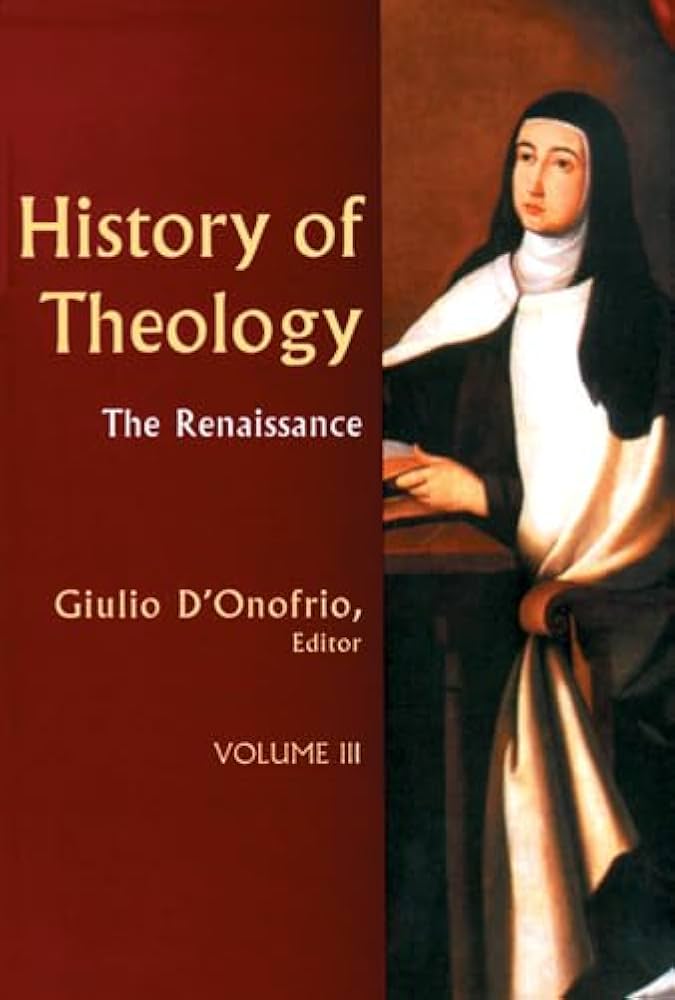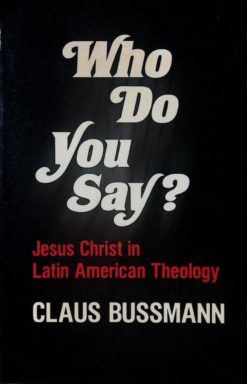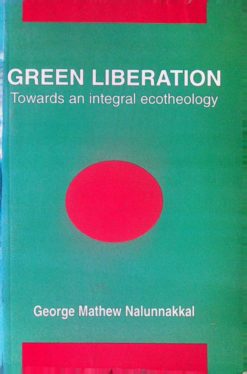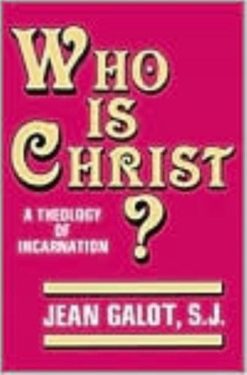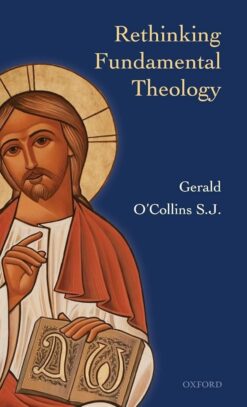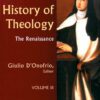-
×
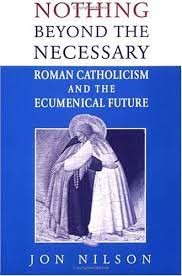 NOTHING BEYOND THE NECESSARY
1 × €7.00
NOTHING BEYOND THE NECESSARY
1 × €7.00 -
×
 1666 BRACLET HEART COLOURED
1 × €1.80
1666 BRACLET HEART COLOURED
1 × €1.80 -
×
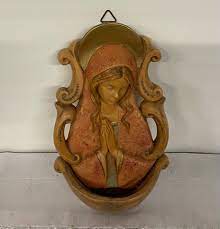 846 - ACQUASANTIERA C/MADONNA 16CM
1 × €15.00
846 - ACQUASANTIERA C/MADONNA 16CM
1 × €15.00 -
×
 ORIGIN AND DESTINY
1 × €14.00
ORIGIN AND DESTINY
1 × €14.00 -
×
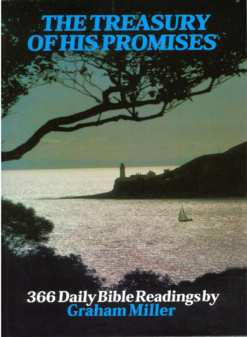 THE TREASURY OF HIS PROMISES
1 × €6.40
THE TREASURY OF HIS PROMISES
1 × €6.40 -
×
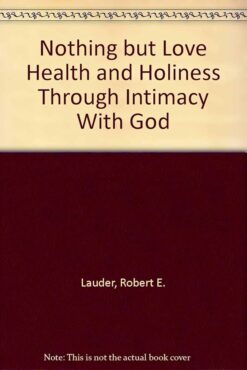 NOTHING BUT LOVE
1 × €1.75
NOTHING BUT LOVE
1 × €1.75 -
×
 GREZZJU PACE: 1940-1989
1 × €10.00
GREZZJU PACE: 1940-1989
1 × €10.00 -
×
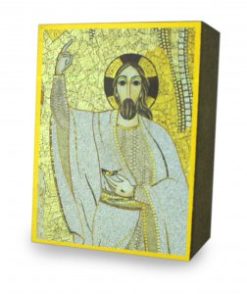 158100CR CRISTO RUPNICK 5.3X7.2CM
1 × €2.90
158100CR CRISTO RUPNICK 5.3X7.2CM
1 × €2.90 -
×
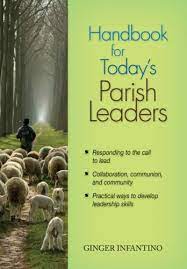 HANDBOOK FOR TODAYS PARISH LEADERS
1 × €6.00
HANDBOOK FOR TODAYS PARISH LEADERS
1 × €6.00 -
×
 NEW ELUCIDATIONS
1 × €11.65
NEW ELUCIDATIONS
1 × €11.65 -
×
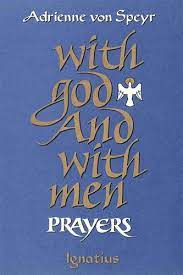 WITH GOD AND WITH MEN
1 × €8.50
WITH GOD AND WITH MEN
1 × €8.50 -
×
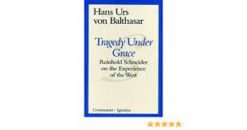 TRAGEDY UNDER GRACE REINHOLD SCHNEIDER
1 × €18.75
TRAGEDY UNDER GRACE REINHOLD SCHNEIDER
1 × €18.75 -
×
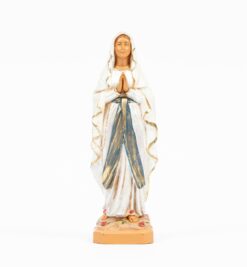 18CM LOURDES 1102
2 × €10.50
18CM LOURDES 1102
2 × €10.50 -
×
 18CM MADONNA MIRAKOLUZA 1101
1 × €10.50
18CM MADONNA MIRAKOLUZA 1101
1 × €10.50 -
×
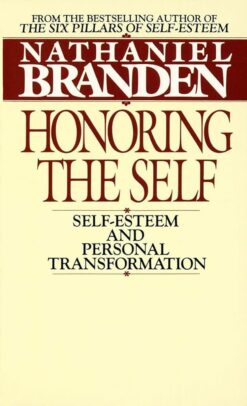 HONORING THE SELF
1 × €7.00
HONORING THE SELF
1 × €7.00 -
×
 ADVENT & CHRISTMAS WITH THE SAINTS
1 × €9.50
ADVENT & CHRISTMAS WITH THE SAINTS
1 × €9.50 -
×
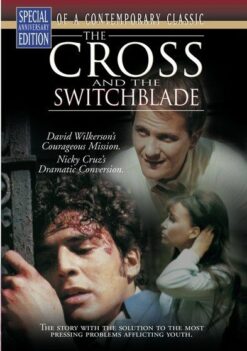 THE CROSS AND THE SWITCH BLADE
1 × €15.50
THE CROSS AND THE SWITCH BLADE
1 × €15.50 -
×
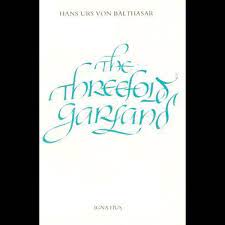 THE THREEFOLD GARLAND
5 × €9.50
THE THREEFOLD GARLAND
5 × €9.50 -
×
 18CM PADRE PIO 661
1 × €15.00
18CM PADRE PIO 661
1 × €15.00 -
×
 31CM ST. JOSEPH 883
1 × €40.00
31CM ST. JOSEPH 883
1 × €40.00 -
×
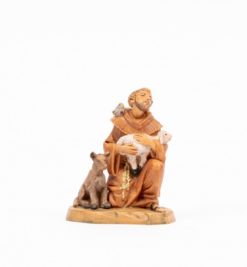 11CM ST. FRANCIS & ANIMALS (649)
1 × €15.00
11CM ST. FRANCIS & ANIMALS (649)
1 × €15.00 -
×
 394 - 10CM GUARDIAN ANGEL W/GIRL
1 × €14.50
394 - 10CM GUARDIAN ANGEL W/GIRL
1 × €14.50 -
×
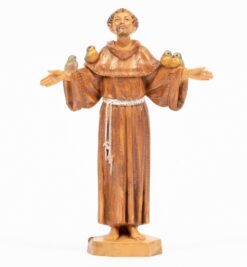 17CM S.FRANCESCO 655
1 × €15.00
17CM S.FRANCESCO 655
1 × €15.00 -
×
 120520SMP - STAT SAN MARTIN DE PORRES 20
1 × €17.50
120520SMP - STAT SAN MARTIN DE PORRES 20
1 × €17.50 -
×
 MAGNET CERAMICA CIRCLE
1 × €3.50
MAGNET CERAMICA CIRCLE
1 × €3.50 -
×
 SAINTLY COMPANIONS
1 × €15.00
SAINTLY COMPANIONS
1 × €15.00 -
×
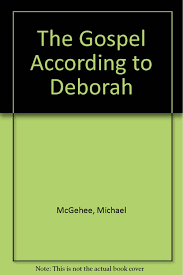 THE GOSPEL ACCORDING TO DEBORAH
2 × €7.00
THE GOSPEL ACCORDING TO DEBORAH
2 × €7.00 -
×
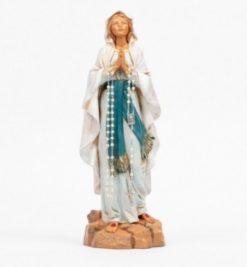 31CM LOURDES 882
2 × €40.00
31CM LOURDES 882
2 × €40.00 -
×
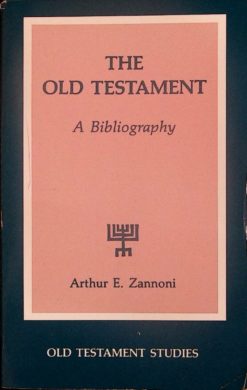 THE OLD TESTAMENT
1 × €18.00
THE OLD TESTAMENT
1 × €18.00 -
×
 YOUR SINS ARE FORGIVEN YOU
1 × €7.00
YOUR SINS ARE FORGIVEN YOU
1 × €7.00 -
×
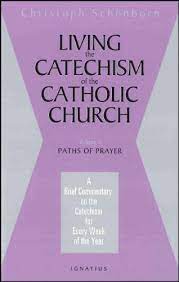 LIVING THE CATECHISM OF THE CATHOLIC V.4
1 × €8.50
LIVING THE CATECHISM OF THE CATHOLIC V.4
1 × €8.50 -
×
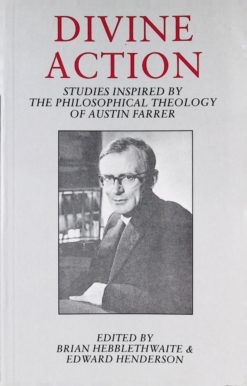 DIVINE ACTION
1 × €4.65
DIVINE ACTION
1 × €4.65 -
×
 PB0401 CRIB RESIN
1 × €6.00
PB0401 CRIB RESIN
1 × €6.00 -
×
 MAGNET MOM
1 × €3.50
MAGNET MOM
1 × €3.50 -
×
 657 - STATUE 17CM ST.JOSEPH 17CM
2 × €15.00
657 - STATUE 17CM ST.JOSEPH 17CM
2 × €15.00 -
×
 158100EM CENA EMMAUS 5.3X7.2CM
1 × €2.90
158100EM CENA EMMAUS 5.3X7.2CM
1 × €2.90 -
×
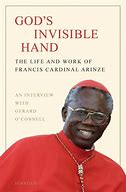 GOD'S INVISIBLE HAND
1 × €14.00
GOD'S INVISIBLE HAND
1 × €14.00 -
×
 HAWN JIEN ADONAI
1 × €12.50
HAWN JIEN ADONAI
1 × €12.50 -
×
 15S212 ST. CHRISTOPHER MAGNET
1 × €2.00
15S212 ST. CHRISTOPHER MAGNET
1 × €2.00 -
×
 ID-DINJA TAL-ISPORTS
1 × €4.75
ID-DINJA TAL-ISPORTS
1 × €4.75 -
×
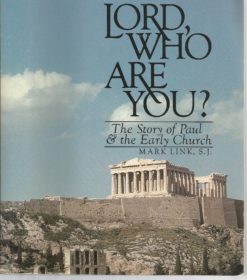 LORD WHO ARE YOU? THE STORY OF PAUL & TH
2 × €7.00
LORD WHO ARE YOU? THE STORY OF PAUL & TH
2 × €7.00 -
×
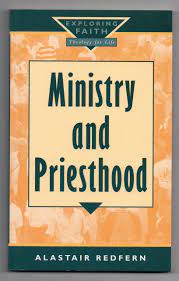 MINISTRY AND PRIESTHOOD
1 × €12.25
MINISTRY AND PRIESTHOOD
1 × €12.25 -
×
 BOOKMARK CAST ALL YOUR
1 × €0.50
BOOKMARK CAST ALL YOUR
1 × €0.50 -
×
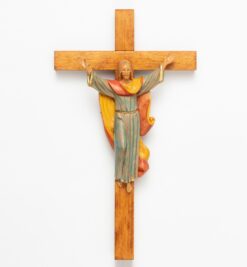 172 - CHRIST RESURRECTED STATUE 30X17CM
1 × €19.50
172 - CHRIST RESURRECTED STATUE 30X17CM
1 × €19.50 -
×
 123160MI - STAT MAD MIR 60CM
1 × €285.00
123160MI - STAT MAD MIR 60CM
1 × €285.00 -
×
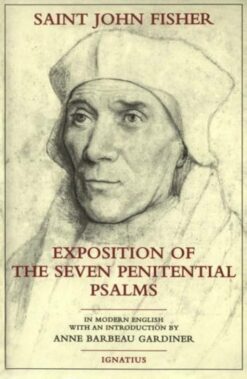 EXPOSITION OF THE SEVEN PENITENTIAL PSAL
1 × €15.00
EXPOSITION OF THE SEVEN PENITENTIAL PSAL
1 × €15.00 -
×
 18CM SACRED HEART OF JESUS
1 × €10.50
18CM SACRED HEART OF JESUS
1 × €10.50 -
×
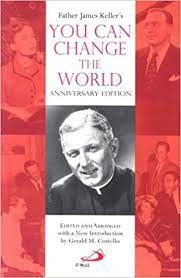 YOU CAN CHANGE THE WORLD
1 × €4.65
YOU CAN CHANGE THE WORLD
1 × €4.65 -
×
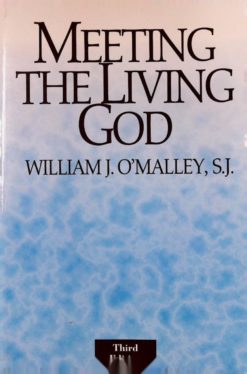 MEETING THE LIVING GOD
1 × €15.00
MEETING THE LIVING GOD
1 × €15.00 -
×
 GREAT HER & LEG BIBLE SAMSON AND DELILAH
1 × €10.00
GREAT HER & LEG BIBLE SAMSON AND DELILAH
1 × €10.00 -
×
 1859 WOODEN CROSS WALL PLAQUE 30×33CM
1 × €19.00
1859 WOODEN CROSS WALL PLAQUE 30×33CM
1 × €19.00 -
×
 2410NA45 PASTUR BIL-FROTT 10CM
1 × €5.00
2410NA45 PASTUR BIL-FROTT 10CM
1 × €5.00 -
×
 BOOKMARK THE PERFECT LOVE
1 × €0.50
BOOKMARK THE PERFECT LOVE
1 × €0.50 -
×
 DECINA GLASS W FILIGRANO
1 × €3.00
DECINA GLASS W FILIGRANO
1 × €3.00 -
×
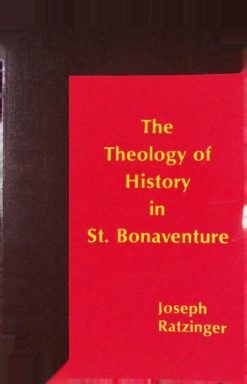 THE THEOLOGY OF HISTORY IN ST BONAVENTUR
1 × €15.00
THE THEOLOGY OF HISTORY IN ST BONAVENTUR
1 × €15.00 -
×
 A VIEW FROM THE STEEPLE: FR. MANTON
1 × €4.99
A VIEW FROM THE STEEPLE: FR. MANTON
1 × €4.99 -
×
 BOROZ BIL-KURUNI (PETRA) - BOYS & GIRLS
1 × €3.85
BOROZ BIL-KURUNI (PETRA) - BOYS & GIRLS
1 × €3.85 -
×
 LIVING MOMENTS OF LOVE
1 × €1.99
LIVING MOMENTS OF LOVE
1 × €1.99 -
×
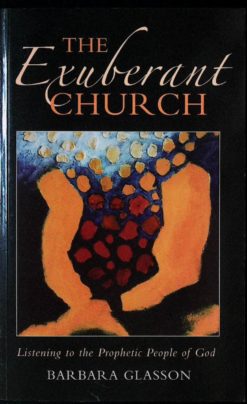 THE EXUBERANT CHRUCH
1 × €15.00
THE EXUBERANT CHRUCH
1 × €15.00 -
×
 ALLELUIA PERSPECT CROSS
1 × €5.00
ALLELUIA PERSPECT CROSS
1 × €5.00 -
×
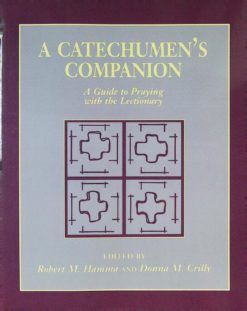 A CATECHUMEN'S COMPANION
1 × €17.00
A CATECHUMEN'S COMPANION
1 × €17.00 -
×
 A CATHOLIC UNDERSTANDING OF THE GOSPELS
1 × €1.15
A CATHOLIC UNDERSTANDING OF THE GOSPELS
1 × €1.15 -
×
 GREAT HER & LEG BIBLE THE APOSTLES
1 × €10.00
GREAT HER & LEG BIBLE THE APOSTLES
1 × €10.00 -
×
 BRAINY BABY PICTURE CARDS. ANIMALS
1 × €3.50
BRAINY BABY PICTURE CARDS. ANIMALS
1 × €3.50 -
×
 SOMETHING TO THINK A COLLECT OF QOUTATIO
1 × €2.35
SOMETHING TO THINK A COLLECT OF QOUTATIO
1 × €2.35 -
×
 DONUT MAN CAMP HARMONY & THE CELEB HOUSE
1 × €14.00
DONUT MAN CAMP HARMONY & THE CELEB HOUSE
1 × €14.00 -
×
 CARPE DIEM
1 × €1.30
CARPE DIEM
1 × €1.30
In this, the third volume of a multiple-volume series, Giulio D’Onofrio examines the history of theology and the basic innovations in theological thought during the Renaissance era. He explores the councils, people, movements, pedagogy, and theological methods of the fifteenth and sixteenth centuries.
From the beginning of the fifteenth century on, the unresolved crisis that was fragmenting Christendom led to an urgent call for a renewal of the methods, themes, and purposes of theological thought.
To the humanists who had a renewed interest in the works of the Church forbearers the patristic sources were no longer simply authorities to be regularly cited in support of the technical divisions of the questions under discussion. They also represented another way of thinking that followed freer and more fruitful criteria than those rigidly fixed by medieval Aristotelian rationalism. This new relationship with the patristic model was one factor that distinguished the periods of the Renaissance and the Middle Ages.
In History of Theology III: The Renaissance Giulio D’Onofrio points out how this call for a renewal of the methods, themes, and purposes of theological thought established important and unrenouncible premises both positive and negative for the development of philosophical and theological thought in the modern age.
Translated from Italian, this scholarly work is carefully organized and annotated. Text and chronological tales are included along with a list of abbreviations, a topic index, and an index of names.
Chapters are: The Theology of Italian Humanism in the Early Fifteenth Century,” “Italian Scholasticism and Ecclesiastical Culture in the Fifteenth Century: Continuity and Innovation,” “The Theology of Nicholas of Cusa,” “The Mature Stage of Humanist Theology in Italy,” “Theology in Fifteenth-Century Spain,” “Scholastic Culture and Humanist Culture in France in the Fifteenth and Sixteenth Centuries,” “Traditionalism, Humanism, and Mystical Experience in Northern Europe and in the Germanic Regions in the Fifteenth and Sixteenth Centuries,” and “The Crisis of Late Humanism and the Expectations of Reform in Italy at the End of the Fifteenth and Beginning of the Early Sixteenth Centuries.”


